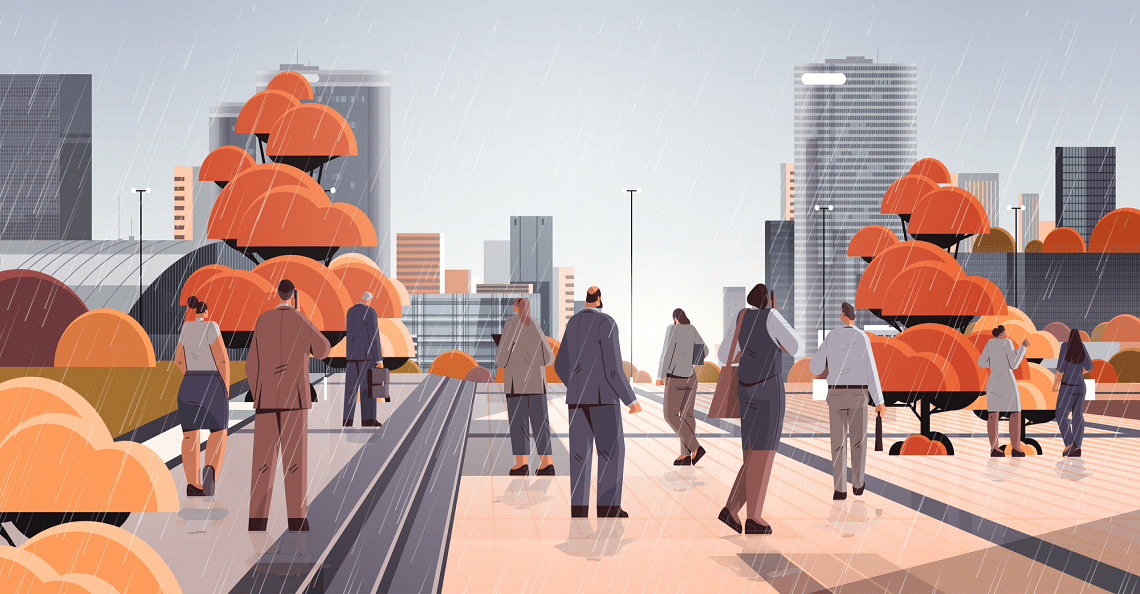The affordability crisis is hitting Canada harder than most countries. The annual inflation rate in Canada rose to 4% in August of 2023 from 3.3% in July. With oil back above $90 and the price of a litre of gasoline at or above $2 in many major cities, inflation won’t be going away anytime soon.
In a thought-provoking podcast, Aaron and Alex unpack the complexities of the Canadian affordability crisis, exploring the causes that have led to this pressing economic issue while brainstorming potential solutions to rein in inflation before it spirals out of control for countless Canadians.
Wage-Price Cycle Driving Affordability Crisis
The wage-price spiral or cycle is crucial to understand as it relates to inflation. It has four key components:
- Wage Increase: It begins with steady, widespread increases in wages. A tight labor market leads to solid labor bargaining power, minimum wage hikes, low unemployment, and persistent inflation.
- Cost-Push Inflation: As wages rise, the production costs for businesses increase since labor is a significant cost factor for most companies. Millions of consumers now have more money to spend due to wage increases and begin buying goods and services at higher prices.
- Price Increases: To offset the increased production costs and maintain their profit margins, businesses raise prices. Higher prices, in turn, lead to higher consumer prices.
- Demand for Higher Wages: In response to the reduced purchasing power and rising prices, workers demand even higher wage increases to maintain their standard of living.
Finally, the cycle repeats as wage increases lead to further price increases and vice versa. This can create a feedback loop where wages and prices continue to rise, contributing to sustained inflation.
Central Banks Fight to Stop Inflation
The above cycle is why central banks must do everything possible to stop inflation. Many people, particularly those not in the workforce or who do not have an inflation-adjusted pension plan, can be totally priced out of an economy due to inflation.
Aaron and Alex discuss the economic landscape and share their unfiltered opinions of what they see on the ground. Inflation’s far-reaching impact on Canada’s news cycle, political landscape, and social fabric cannot be denied, and it’s a subject that’s bound to shape the next federal election. But, for millions of Canadians, elections and investments are luxurious afterthoughts that rarely cross their minds.
